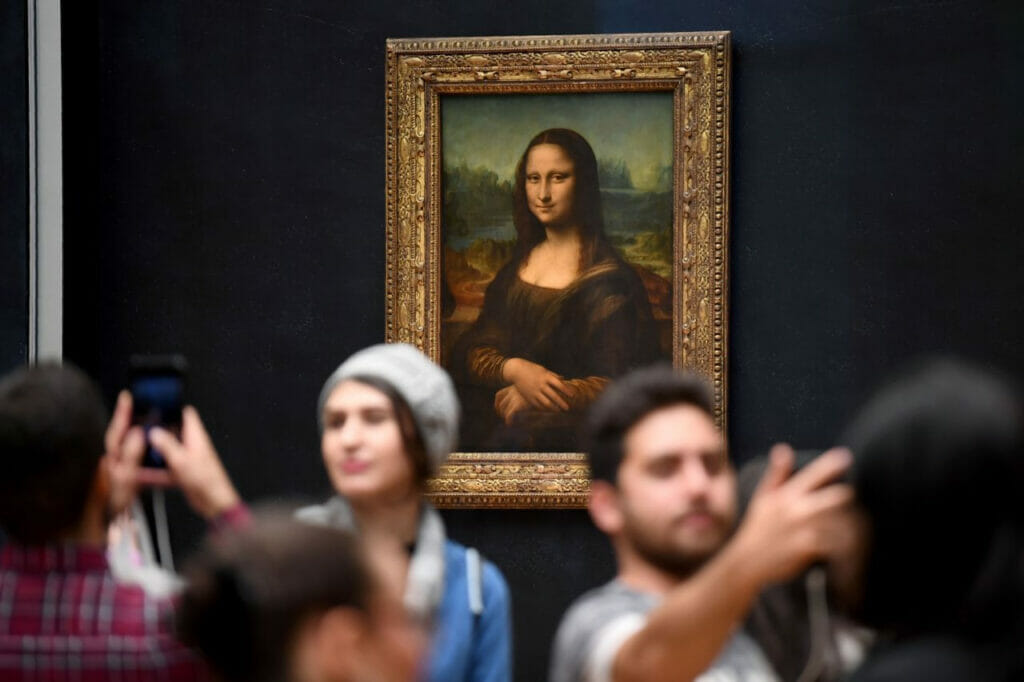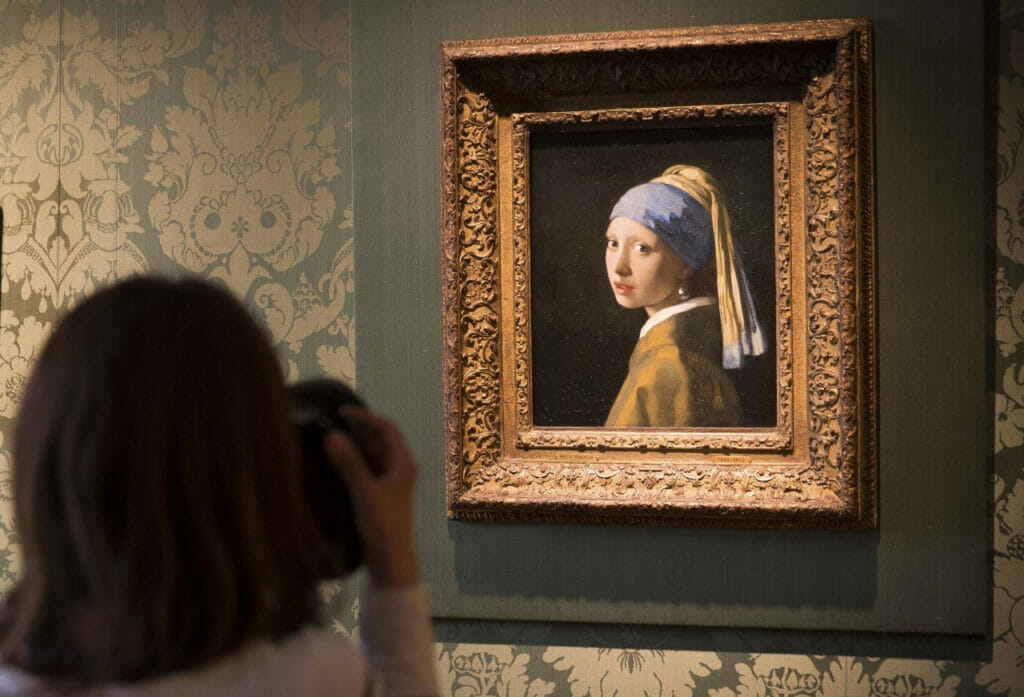This growing reliance on AI technology risks creating a more pronounced disparity between large organizations and smaller companies. The difference is only about to grow. With a larger workforce and substantial resources, bigger companies can harness AI to do an incredible amount of work, even
with little creativity.
The question then becomes, how can we use AI responsibly? AI is a potent tool, but it needs to remain within the reach of those who intend to use it positively. Organizations like OpenAI, Google, and Microsoft should focus their research and applications of AI to fine-tune important areas of human
life, such as precision GPS, health monitoring, food consumption, delivery and waste management, and vertical farming.
While the fast-paced world of AI can seem daunting, we believe that with thoughtful and responsible use, it holds the potential to significantly improve our lives. We’re committed to being part of the solution, working hard to ensure that AI serves as a force for good in our company and
our community.
What If Humanity goes back to the “old routine”?
On one hand, it could lead to the resurgence of certain skills and professions that have been sidelined due to technological advancements. It might lead to people having more face-to-face interactions, and some argue it could even foster a greater appreciation for the natural world and simpler ways of living.
On the other hand, we’ve become so reliant on technology for a variety of crucial services, from healthcare to communication to supply chain management, that a sudden shift away from these tools could cause significant disruption and hardship. Certain tasks would become slower and more labor-intensive, and we would lose the many conveniences and
efficiencies we’ve gained.
Regardless, the integration of technology into our lives is a complex issue and not something we can easily “go back” from. The more productive path forward may involve focusing on how we can responsibly use and control these tools to benefit society without causing undue harm or inequality. This involves thoughtful and intentional design, regulation, and usage of AI and other technologies.

A Value Proposition
What could happen if we kept AI for practical applications like medical care, GPS, and communication, but removed its capacity for creative tasks like writing, art, and music?
This is an interesting proposition! As we contemplate the increasing role of AI in our lives, there are a couple of key concerns we believe are worth considering.

First, we must examine how AI could disrupt the already competitive landscape in the creative industries. Algorithms are tireless, able to generate vast amounts of content at a pace that no human could match. If AI takes over creative production, does it unfairly tip the scales? What happens to the emerging writer, the struggling artist, or the aspiring musician when they have to compete with a machine that never sleeps?
Secondly, and perhaps more importantly, we need to ask ourselves what kind of future we are creating. If we delegate our art to machines, what does that mean for us as a species? Creativity is a deeply human trait. It’s tied to our emotions, our experiences, and our unique ways of seeing the world. By outsourcing creativity to AI, are we in danger of losing an essential part of what makes us human?

We are not advocating for a halt in technological progress. Instead, we are suggesting a thoughtful examination of where we are heading. In our pursuit of innovation, let’s not lose sight of the importance of human creativity and our innate ability to connect with each other through our art.
As we navigate this journey together, we invite everyone—tech companies, consumers, artists, and policymakers—to join in this important conversation. Let’s work together to shape a future where technology enhances human creativity, rather than replaces it.
Interestingly though!
AI has brought about an unexpected development in my personal creative journey. Since engaging with AI, particularly with tools like ChatGPT, I have found myself writing more than ever before. It has become an essential tool in organizing and structuring my thoughts. Before AI, the motivation to type so much was lacking. There’s a certain irony to it, isn’t
there? The very tool that we fear could eclipse human creativity has, in fact, become a springboard for my own.
This brings to light another angle to the conversation—how can we leverage AI to complement and augment human creativity, rather than threaten it?
Yes, AI has a role to play in our future, and its potential is truly exciting. But in that future, let’s ensure there is always a place for the human touch—for the artist who sees the world differently, for the musician who touches hearts with their melodies, and for the writer who can capture the indescribable essence of a fleeting moment.
The conversation isn’t over, and the future isn’t set in stone. Together, we can create a world where technology and creativity coexist and thrive.




